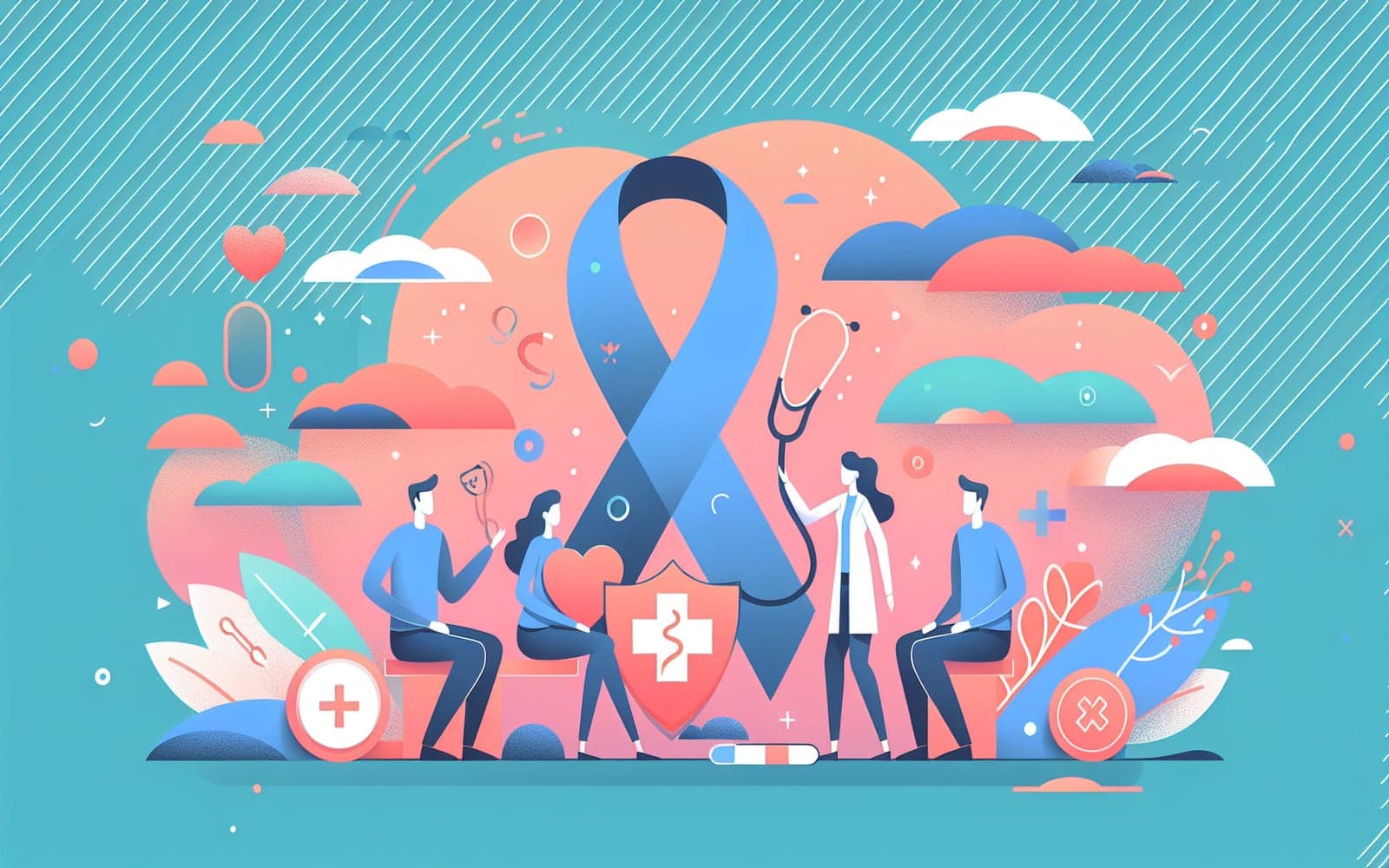Are You at Risk for Genital Herpes?
Published: Aug 06, 2024
Understanding the risk factors for genital herpes can help you take proactive steps to protect your health.
Contents
Common Risk Factors
Key risk factors for genital herpes include having multiple sexual partners, not using protection during intercourse, and having a partner with herpes. People with weakened immune systems are also at higher risk of contracting this virus.
Signs and Symptoms
Genital herpes can present with painful sores, itching, and flu-like symptoms. These signs may appear within days of exposure or can remain dormant for years. Recognizing these symptoms early can lead to prompt treatment and management.

Preventive Measures
Reducing your number of sexual partners and consistently using condoms are effective ways to lower your risk of contracting genital herpes. Open communication with partners about STI status is also crucial for prevention.
Frequently Asked Questions
Those with multiple partners or not using protection are at higher risk.
Symptoms include painful sores, itching, and flu-like signs.
Use condoms consistently and communicate openly with partners.
Key Takeaways
Understanding your risk factors can help you make informed decisions to protect your health.
Discuss your risk factors with Doctronic to develop a personalized prevention plan.Related Articles
References
Benedetti J, Corey L, Ashley R. Recurrence rates in genital herpes after symptomatic first-episode infection. Ann Intern Med 1994; 121:847.
Wald A, Benedetti J, Davis G, et al. A randomized, double-blind, comparative trial comparing high- and standard-dose oral acyclovir for first-episode genital herpes infections. Antimicrob Agents Chemother 1994; 38:174.
Always discuss health information with your healthcare provider.

